
A stunning discovery: A blood test detects cancer 10 years before symptoms appear

- Europe and Arabs
- Friday , 12 September 2025 10:23 AM GMT
Washington - Brussels: Europe and the Arabs
A recent study conducted by researchers at the Mass General Brigham Network in Boston, USA, revealed a remarkable scientific development in the field of diagnosing head and neck cancers. The team succeeded in developing a blood test capable of detecting cancer caused by the human papillomavirus (HPV) ten years before clinical symptoms appear.
The results, published in the Journal of the National Cancer Institute, showed that the new liquid screening tool, called HPV-DeepSeek, was able to identify the presence of HPV DNA isolated from the tumor and present in the bloodstream, using whole genome sequencing technology.
According to what was published on Friday by the European news network Euronews in Brussels, the human papillomavirus (HPV) is responsible for approximately 70% of head and neck cancers in the United States, a percentage that is increasing annually. Unlike cervical cancers, which can be detected through regular screenings, there is currently no standard method for predicting or early detection of HPV-related head and neck cancers. This means most diagnoses are made when symptoms appear, after the tumor has grown to billions of cells and often after it has spread to the lymph nodes. The team analyzed 56 blood samples from the Mass General Brigham Specimen Bank, including 28 samples from people later diagnosed with HPV-related head and neck cancers and 28 samples from healthy individuals who had not developed any of these cancers. The results showed that the test detected tumor DNA in 22 of the 28 samples collected from people later diagnosed with the disease, while all samples from healthy individuals tested negative, demonstrating high specificity and the absence of positive results. False.
The test's detection ability was also higher the closer the blood sample was to the clinical diagnosis, with the first positive result recorded for a blood sample collected 7.8 years before diagnosis.
Using machine learning algorithms, detection accuracy improved to 27 out of 28 cancer cases, including samples collected 10 years before diagnosis.
Dr. Daniel L. Faden, head and neck surgeon and principal investigator at the Mike Toots Center for Head and Neck Cancer Research at Mass Eye & Ear Hospital, said these results are the first of their kind to demonstrate the ability to accurately detect HPV-related cancers in people who have no symptoms, years before conventional diagnosis.
He added: "By the time patients arrive at the clinic with cancer symptoms, their condition is advanced, and their treatment requires aggressive treatment programs that can have lifelong effects. We hope that tools like HPV-DeepSeek will enable the detection of the disease in its very early stages, improving the chances of cure and reducing the burden of treatment.
Researchers are currently validating these findings in a second, blinded study—samples are analyzed anonymously—using hundreds of samples collected as part of the National Cancer Institute's Prostate, Lung, Colorectal, and Ovarian (PLCO) Cancer Screening Trial.


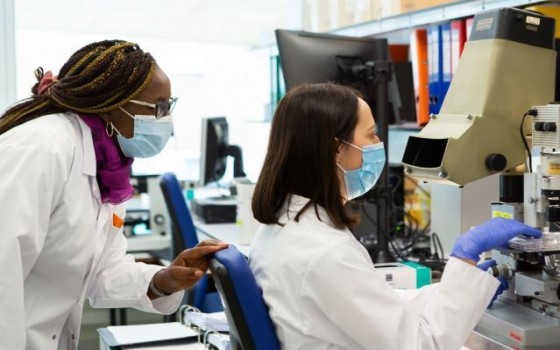
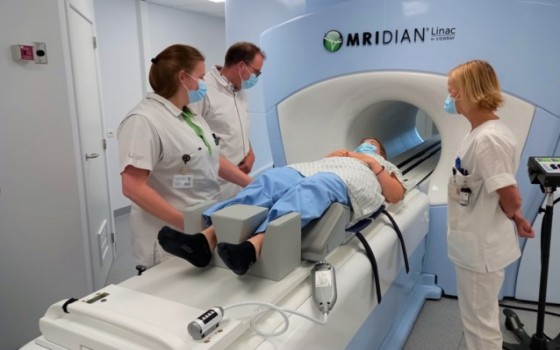

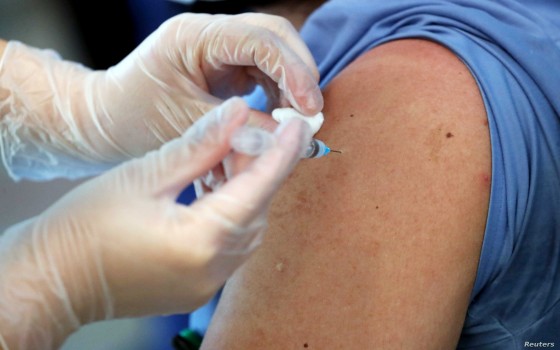
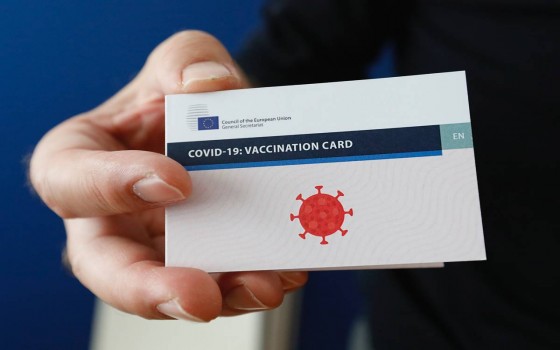


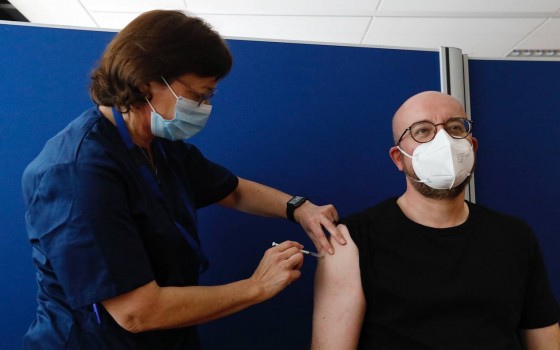


No Comments Found